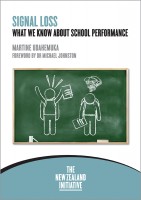
Signal Loss: What we know about school performance
It is hard to improve without knowing what better and worse performance look like. Teachers grade students, but who grades the graders? Read more

You searched Publications for "" and got 66 results

It is hard to improve without knowing what better and worse performance look like. Teachers grade students, but who grades the graders? Read more
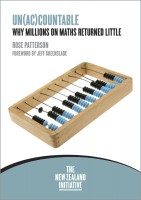
This report documents the 15-year history of the Numeracy Development Project (the Numeracy Project), a nationwide centrally devised approach for improving maths. The Numeracy Project existed officially as a professional development (PD) programme for teachers in most primary schools in New Zealand between 2000 and 2009. Read more
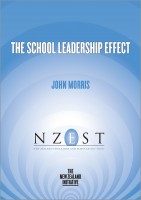
The role of a school principal in New Zealand is an incredibly demanding one. Our self-managing schools model means that principals are not only pedagogical leaders, but chief executives responsible for overall school management including property, finance and human resource matters. Read more
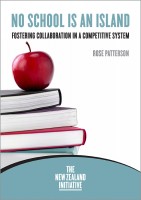
International research shows the best education systems enable teachers to learn from each other about how to enhance student learning and lift achievement. No School is an Island is the story of a New Zealand model of this kind called Learning and Change Networks (LCN), where schools have banded together as networks to collaborate with each other. Read more
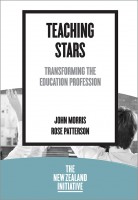
Teachers are our most important educational asset – the single biggest influence on student achievement in schools. Teaching must become a profession of status so that New Zealand can attract the best and brightest and keep them, and ensure that teachers are always improving their practice to lift student achievement. Read more
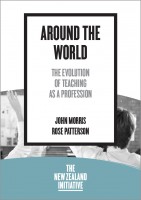
Teachers are New Zealand’s most important educational asset. This report is the second in a series of three, building on the first - World Class Education: Why New Zealand Must Strengthen Its Teaching Profession, which identified some of the main structural problems preventing New Zealand’s teaching workforce from developing further. Read more
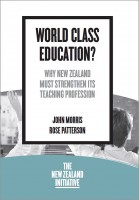
Why is NZ shedding talented teachers? NZ has a high quality but unequal education system It fails too many Māori and Pasifika students, with wide gaps in performance Policies to attract, retain and develop talent are needed to tackle the problem This report, written by John Morris and Rose Patterson, identifies the critical junctures where teaching quality can be influenced, and the organisations that have the power to strengthen the teaching profession. Read more
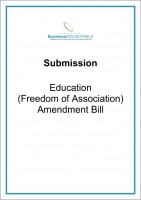
Compulsory students’ association membership (CSM), as opposed to voluntary students’ association membership (VSM), is an anachronism. Students’ associations are incorporated societies formed by members with common interests and are akin to the Automobile Association, the Consumers' Institute, staff associations and sporting clubs. Read more
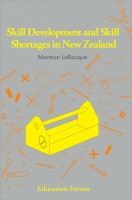
Despite considerable government investment in tertiary education and training, New Zealand has seen sustained and substantial shortages of skill labour. Norman LaRocque looks at the reasons behind this and outlines the policy environment necessary to address the skills deficit. Read more
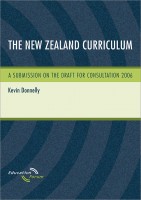
The draft New Zealand Curriculum adopts an intellectually flawed ‘outcome-based’ education model. This is an approach which prevailed in the late 1980s and early 1990s and has now been largely discredited and abandoned by countries with successful education systems. Kevin Donnelly advocates the internationally proven syllabus or standards-based approaches and argues that continuing to ignore the large body of international evidence in this area will put future generations of New Zealand students at risk. Read more